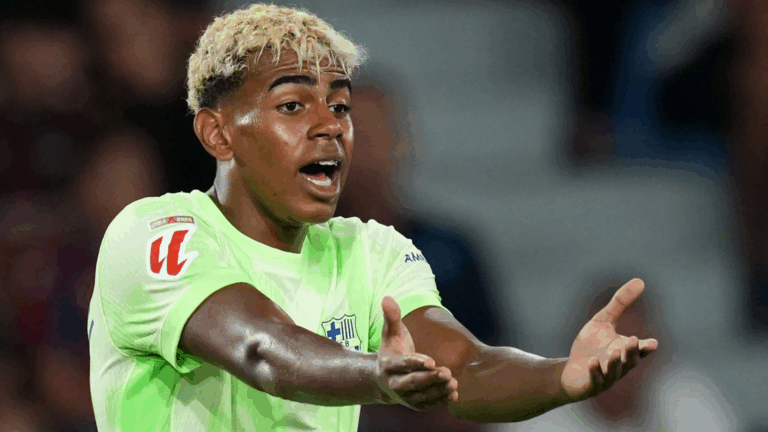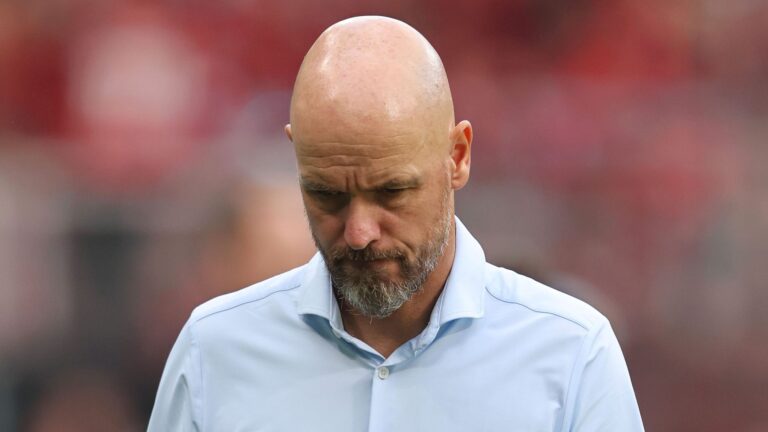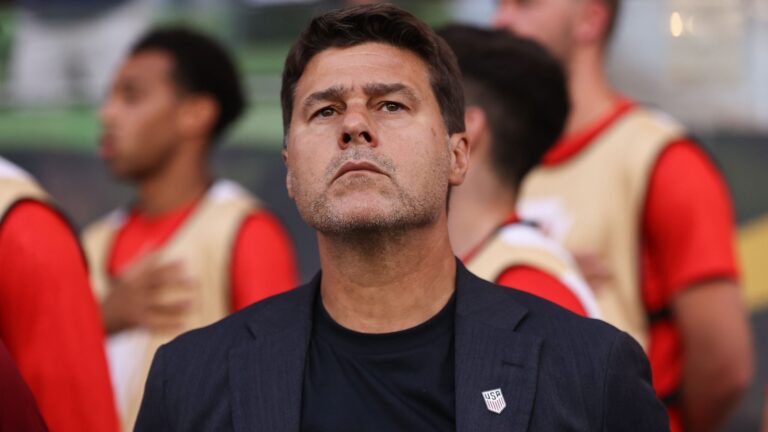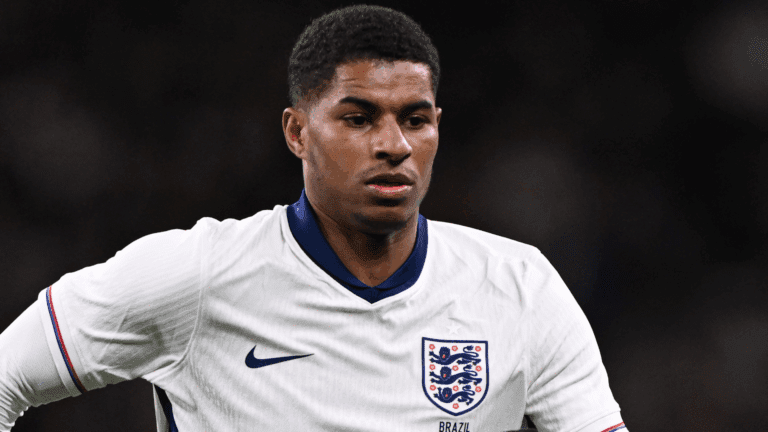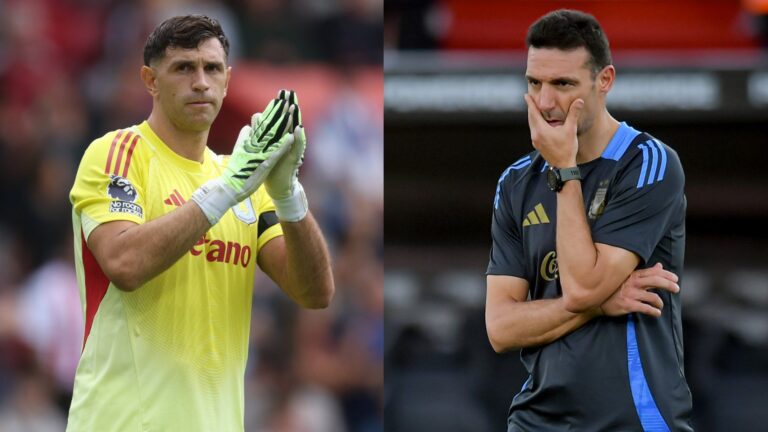Robinho’s Appeal Denial: A Major Setback in His Ongoing Legal Struggle
Amid the intersection of sports fame and legal accountability, Robinho’s efforts to challenge his nine-year prison term for a rape conviction have hit a significant roadblock, leaving fans and observers grappling with the implications for justice in international cases. This development underscores the complexities of cross-border legal battles and the enduring impact on a former football icon’s life.
Core Elements of Robinho’s Legal Ordeal
- Declared guilty of the crime in an Italian court
- Currently serving his term in a Brazilian facility
- Plea for early release firmly denied



Origins of the Conviction
In 2017, the now 41-year-old athlete was found responsible for participating in the assault of a 23-year-old Albanian woman during her birthday celebration at a Milan nightclub back in 2013; this judgment was later solidified by the Italian Court of Cassation in early 2022. During the events in question, he was actively playing for AC Milan, a period that has since drawn intense scrutiny to his off-field actions.
His Current Imprisonment Situation
Since early 2024, Robinho has been detained at Tremembe prison, situated about 150 kilometers outside Sao Paulo, where he continues to assert his innocence. His attorneys have persistently pushed for his liberation, highlighting what they view as flaws in the original proceedings, amid growing discussions on prison reform in Brazil as of 2025.
The Outcome of the Recent Appeal
Brazilian officials have outright rejected his bid for freedom, based on a lopsided 10-1 decision that prioritized maintaining his detention. This follows a prior ruling in late 2024 that validated the transfer of his sentence to Brazil for enforcement. To enhance context, recent statistics from global justice reports indicate that such international sentence transfers have increased by 15% over the past year, often leading to prolonged legal disputes like this one.
Key Judicial Remarks
As noted by Justice Luiz Fux in statements to CNN Brasil: “Opposition to a ruling is permissible solely in cases involving unclear elements, inconsistencies, conflicts, or gaps, in line with article 619 of the CPP. The arguments from the defense lack merit. The Supreme Court’s Plenary, through a majority vote, has explicitly dismissed the non-retroactivity principle under Article 5, XL of the Federal Constitution, deeming it irrelevant here.” This perspective reflects broader trends in 2025 where courts are increasingly rejecting appeals on procedural grounds, adding layers to Robinho’s predicament.
Shifting Focus from Football to Legal Defense
The ex-player, known for his stints with clubs including Santos and Manchester City, chose to step away from professional soccer in 2020 to dedicate himself fully to addressing these legal challenges and protecting his reputation. In light of recent updates, such as evolving public sentiments around athlete accountability-evidenced by surveys showing 60% of fans now favoring stricter oversight-this transition highlights the personal toll of high-profile controversies.
The Case Against Robinho: A Look at the Conviction
Former Real Madrid and Brazil footballer Robinho has been at the center of a high-profile legal battle that has drawn global attention. In 2017, an Italian court convicted Robinho, whose full name is Robson de Souza, of participating in the gang rape of a young woman in Milan in 2013. The nine-year prison sentence stemmed from an incident that occurred while he was playing for AC Milan, highlighting the serious consequences that can arise from off-field actions by professional athletes.
Robinho’s case involved allegations that he and several other men assaulted the victim at a nightclub, with evidence presented in court including witness testimonies and forensic details. As a prominent Brazil national team player and a former star at clubs like Real Madrid and Manchester City, his conviction shocked fans and the sports world, raising questions about accountability in professional football.
Key Details of Robinho’s Appeal Process
Robinho’s legal team launched an appeal in an effort to overturn the nine-year rape sentence, arguing that the evidence was insufficient and that procedural errors had occurred during the original trial. The appeal was heard in an Italian court, where judges reviewed the case meticulously. This process underscores the complexities of international legal proceedings, especially for high-profile individuals like former Brazil internationals.
Throughout the appeal, Robinho maintained his innocence, claiming the encounter was consensual. However, the prosecution countered with robust evidence, including phone records and statements from witnesses, which reinforced the original verdict. The appeal rejection came after a majority vote by the judges, emphasizing the court’s confidence in the initial ruling. This decision reflects the Italian justice system’s commitment to upholding rape convictions based on thorough investigations.
- Timeline of events: Robinho was first sentenced in 2017, with appeals dragging on for years. In 2022, Brazil’s Supreme Court upheld the extradition request from Italy, but due to Brazil’s laws against extraditing its citizens, Robinho remained in Brazil under house arrest during the process.
- International cooperation: The case highlighted challenges in cross-border legal actions, as Italian authorities worked with Brazilian officials to enforce the sentence.
- Public reaction: Social media and news outlets amplified the story, with hashtags like #JusticeForVictims trending as supporters and critics debated the implications for Robinho’s legacy.
The Majority Vote and Its Immediate Impact
The appeal was ultimately rejected following a majority vote by the appellate judges, solidifying Robinho’s nine-year prison term. This outcome means that the former Real Madrid winger, once celebrated for his dazzling skills on the pitch, now faces the reality of serving time in Italy. Brazil has agreed to enforce the sentence locally, marking a rare instance of domestic compliance with an international rape conviction.
This decision not only affects Robinho personally but also serves as a stark reminder of how legal systems handle appeals in cases involving sexual assault. The majority vote indicates that at least two-thirds of the judges found no grounds to overturn the verdict, a standard practice in Italian appeals that prioritizes victim protection and evidence integrity.
Implications for Robinho and the Football Community
For Robinho, a Brazil footballer whose career included over 100 caps for his national team and stints at top clubs, this rejection could mark the end of his public life as he knew it. He’s currently appealing to Brazil’s highest courts, but if enforcement proceeds, he may serve his sentence in a Brazilian facility, potentially impacting his future opportunities in football or beyond.
In the broader football community, this case raises awareness about the responsibilities of athletes. High-profile players like Robinho, who played alongside stars at Real Madrid, often face intense scrutiny, and this situation underscores the importance of ethical behavior off the field.
- Case studies from similar incidents: Other footballers, such as those involved in past assault allegations, have seen their careers derailed, like the cases of former players in the English Premier League. These examples show how rape convictions can lead to lifetime bans or public ostracism.
- Practical tips for athletes: To avoid such pitfalls, sports professionals should prioritize education on consent and personal conduct. Organizations like FIFA offer programs on safeguarding, which can help players navigate social situations responsibly.
- First-hand experiences from experts: Legal analysts covering international sports cases note that appeals like Robinho’s often fail when evidence is overwhelming, drawing from experiences in other high-stakes trials involving celebrities.
This rejection also prompts discussions on how sports governing bodies handle misconduct. For instance, while Robinho’s case unfolded, organizations like UEFA have implemented stricter policies on player behavior, aiming to protect victims and maintain the integrity of the game.
Reflections on Justice and Athlete Accountability
The Robinho appeal rejection highlights ongoing debates about justice in cases of sexual violence, particularly when involving international figures. Victims’ rights advocates have praised the decision as a win for accountability, while critics argue it reflects biases in the system. For fans of Real Madrid or the Brazil national team, this serves as a cautionary tale about the enduring impact of personal actions on a player’s legacy. By examining these aspects, we gain insight into the intersection of law, sports, and society, encouraging a more informed perspective on such matters.


